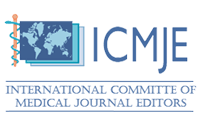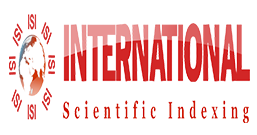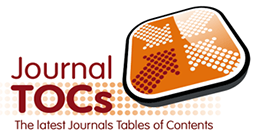Non-Cryopreserved Peripheral Stem Cell (PSCS) Autograft for Multiple Myeloma and Lymphoma in Developing Countries
Affiliation
Department of Hematology and Cell Therapy, EHU-Oran University, Algeria
Corresponding Author
Bekadja, M.A. Department of Hematology and Cell Therapy, EHU-Oran University, Algeria. E-mail: mabekadja@yahoo.fr
Citation
Bekadja, M.A., et al. Non-cryopreserved peripheral stem cell (pscs) autograft for multiple myeloma and lymphoma in developing countries. (2015) Int J Hematol and Therap 1(1): 1-6.
Copy rights
©2015 Bekadja, M.A. This is an Open access article distributed under the terms of Creative Commons Attribution 4.0 International License
Keywords
Abstract
Autologous peripheral blood progenitor cell (PBPC) transplant is a standard indication in the multiple myeloma (MM) and lymphoma. The use of non-cryopreserved PBPCs is not usual despite its safety, feasibility and efficacy. Few data exists in the literature regarding the procedures for non-cryopreserved autologous PBSCs transplant in countries with limited resources. The bibliographical research of this work was limited onsite like PubMed, Google scholar, using the following articles on the non-cryopreserved autologous PBPCs in hematological malignancies in developing countries have been selected. These papers were analyzed in terms of mobilization, aphaeresis, preservation and viability, conditioning regimen, engraftment, response and finally survival. This work sums up experience from 11 transplant centers which carried out auto grafts with non-cryopreserved PBPCs in 517 patients suffering from hematologic malignancies. The results in terms of mobilization showed a median CD34+ = 4.26 x106/kg in the MM and 4.47x106/kg in lymphomas, a viability > 90% and > 75% respectively in MM and lymphomas after a conservation of 24 to 144 hours at +4°C. The engraftment (ANC = 10.1 days, platelets = 14.07 days) and TRM (2.6%) were very satisfactory.
Conclusion: We conclude that this method is easy, efficient and safe. It is expected to grow in developing countries due to its low production cost and procedure simplicity.












